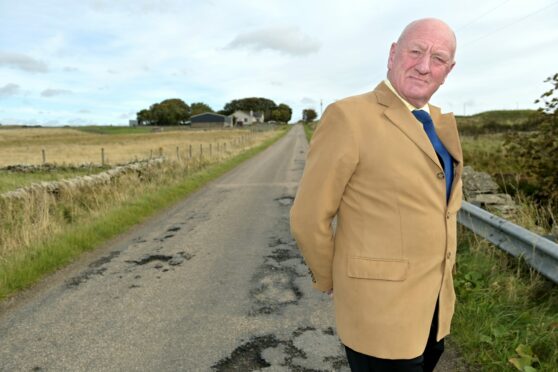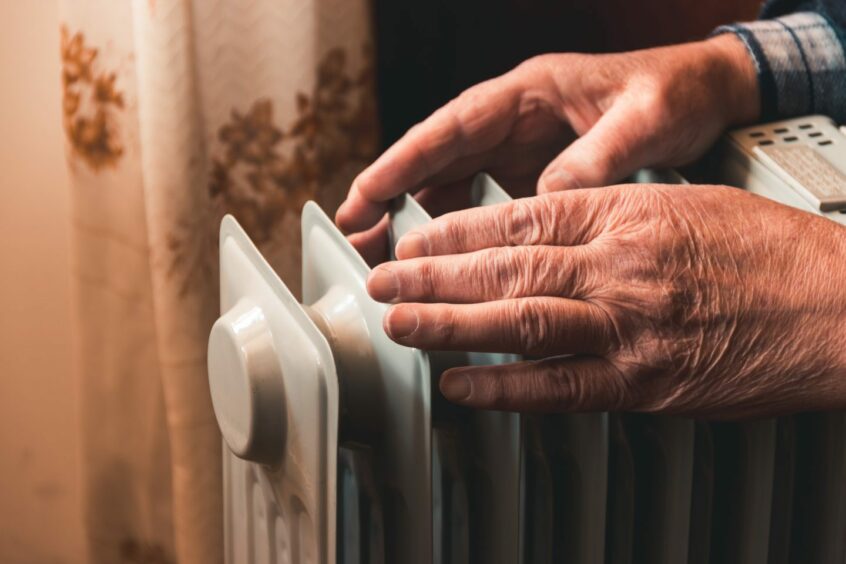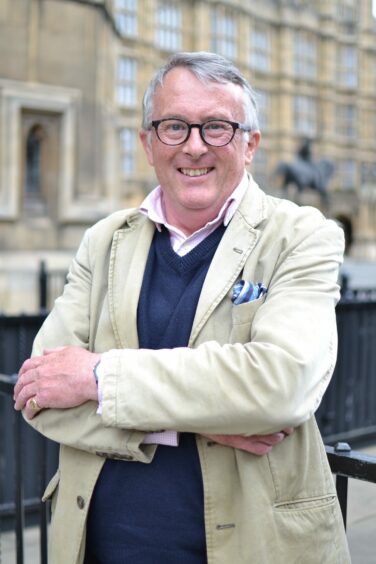Iain Gregory believes the UK Government’s plans for voter ID cards could disenfranchise the poorest people in society.
Under the Elections Bill 2022, voters in UK general elections and English elections will need to present photographic ID at polling stations.
If passed, it could take effect from next year.
The government claims the move will reduce electoral fraud. However, Mr Gregory believes it will simply freeze out thousands of potential voters.
How many people don’t have photo ID?
If the ID plan passes into law, people will need to present a passport, driving licence or travel pass to vote. Polling station officials will also accept blue badges and military ID cards.
Research commissioned by the UK Government suggests that 98% of people have one of these forms of ID. If they don’t, they can ask their local council to send them a voter ID card.
Mr Gregory believes 98% is a gross overestimate.
“Based on my personal experience working extensively in the third sector, I believe substantial numbers don’t have access to photographic ID,” says Mr Gregory.
“For instance, when someone makes a Universal Credit claim they need a passport or driving licence and I’d say nine out of 10 don’t have it.
“In certain areas, I think as much as a third of the general population don’t have the ID they will need to vote.
“These are the very people we most need to vote, and they’re the ones who risk being disenfranchised,” says Mr Gregory.
Furthermore, the added barrier of having to apply to their council for a voting card could discourage a lot of first-time voters.
ID cards will hit the remote and rural Highlands
Mr Gregory’s comments follow a report produced by ex-Home Office official Morris Campbell.
Mr Campbell has previously conducted research on funeral charges and fuel poverty, for Mr Gregory’s campaign group Caithness Roads Recovery (CRR).
What does voting have to do with roads?
Mr Gregory founded CRR because he believed Caithness is being short-changed by Highland Council. The group started out demanding investment in local roads, but has now teamed up with Caithness Health Action Team.
Together, the groups argue for a stronger voice for the far north. Mr Campbell volunteered to write a report on voter ID plans because he fears it will have a huge impact on the remote Highlands in particular.
The Highlands – and Caithness – has high levels of poverty compared to the rest of Scotland. Fuel poverty in Highland is nearly twice the national average, while areas of Wick and Thurso both feature on the Scottish Index of Multiple Deprivation.
Mr Campbell and Mr Gregory say the voter plan will hit vulnerable people the hardest.
‘This could swing a vote’
Mr Campbell’s report examines the figures. He cites Electoral Commission figures showing 11 million people don’t have a passport or driving licence, and 3.5 million don’t have any photo ID.
However, even if the government’s 98% figures is accurate, it could still cause problems.
“The electorate of Caithness, Sutherland and Easter Ross at the last election in 2019 was 46,930,” says Mr Campbell. “If, as the UK government suggests, 98% of those have access to photo ID then there are just less than 1,000 individuals who would have to apply for some form.”
Mr Campbell believes this is a significant barrier for would-be voters. He doubts that councils could provide voter ID cards quickly enough in the event of, for instance, a snap general election.
With recent events in Westminster, that scenario is not too far-fetched.
Mr Campbell also points out that 1,000 votes could swing a result. In the 2019 general election, he says 12 seats were won with majorities of less than 1%.
In Caithness, Jamie Stone MP defeated SNP candidate Karl Rosie by just 204 votes.
“It is clear therefore that any disenfranchisement on even a fairly minor scale could decide the result of a close election,” says Mr Campbell.
Government says it’s tackling electoral fraud
The UK Government believes the new legislation is necessary to stamp out electoral fraud. The Electoral Commission has supported voter ID legislation since 2014, on the basis that ID cards must be widely available.
Mr Gregory says the legislation is “using a sledgehammer to crack a nut.”
Mr Campbell’s report claims that in the 2019 election, police investigated only 33 cases of voter impersonation at a polling station, out of 58 million votes.
The UK Government has acknowledged that voter fraud is low, but argues that every vote matters.
Mr Gregory’s position is: if every vote matters, why make voting harder?
Mr Campbell worked in the Home Office for 20 years, and says voter fraud is extremely difficult to prove. Can polling station volunteers really be expected to weed out impersonators and turn people away with expired ID?
“Voter turnout is already low, at about 50%,” says Mr Gregory. “We need to get the other 50% out and voting. The Government is selling this as protecting the electorate, but it’s a cynical move that will disenfranchise a large number of people.”
Are you interested in more exclusive and breaking Highland and Islands news from the P&J? If so, why not join our dedicated Facebook page HERE



Conversation